In a recent House of Lords exchange, concerns over North Korea’s deployment of troops to aid Russia in Ukraine underscored the conflict’s escalating international scope. Conservative peer Lord Robathan raised the issue, questioning the UK government’s stance on what he described as an “escalation of the conflict” by Russia.
Baroness Chapman of Darlington, the Parliamentary Under-Secretary of State for the Foreign, Commonwealth and Development Office, confirmed that North Korean troops had likely arrived in Russia, calling it a “deeply concerning development” that “risks prolonging the war.”
She highlighted that North Korea’s involvement significantly increases its previous support for Russia through munitions and arms, noting that this action demonstrates Russia’s “growing reliance on third-country support.” She added that the situation has “security implications for Europe, the Indo-Pacific, and the wider world.”
During the debate, Lord Alton of Liverpool suggested countering North Korean involvement, proposing that Ukraine drop messages over battlefields, written in Korean, encouraging North Korean soldiers to defect.
Citing recent examples of North Korean troops risking their lives to escape, Lord Alton urged that notes could inform them of their eligibility to seek South Korean citizenship. “The young soldier who walked across a minefield in August is representative of many North Koreans who would like to escape from that tyranny,” Lord Alton remarked. He urged efforts to “reach over the heads of their armed forces commanders” to those who might take the chance to defect if given the opportunity.
Further on the growing implications of North Korea’s involvement came from NATO Secretary General Mark Rutte. Speaking recently at a NATO briefing with allies and Indo-Pacific partners, Rutte confirmed North Korea’s deployment of military units to Russia’s Kursk region, describing it as “a significant escalation in the DPRK’s ongoing involvement in Russia’s illegal war” and warning of a “dangerous expansion of Russia’s war.” He pointed out that North Korea had already provided “millions of rounds of ammunition and ballistic missiles” to Russia, bolstering its offensive capacity against Ukraine.
Rutte expressed concern over the impact of this alliance on both European and Indo-Pacific security. “The deepening military cooperation between Russia and North Korea is a threat to both the Indo-Pacific and Euro-Atlantic security,” he stated. Rutte added that this cooperation not only enhances Russia’s efforts against Ukraine but also endangers the Korean Peninsula, as North Korea leverages the relationship to obtain military technology and evade international sanctions.
This alliance, he suggested, is a sign of President Putin’s “growing desperation,” as Russia struggles to sustain its protracted assault on Ukraine without substantial foreign support. Citing significant Russian losses, with “over 600,000 Russian soldiers killed or wounded,” Rutte highlighted Putin’s reliance on North Korea and other allies to continue his campaign.
The Lords debate also featured Lord Stirrup, who raised the point that Russia’s recruitment of North Korean soldiers and prisoners reflected pressure on the Kremlin. “Are not the increasing numbers of North Koreans involved in the conflict, along with the widening of the pool of prisoners from which Russia seeks to recruit soldiers, evidence that the pressure is far from one-sided?” he asked. Lord Stirrup’s observation underscored the importance of a “sustained resolve on the part of the West” in continuing to support Ukraine’s defence.
In response, Baroness Chapman affirmed the UK’s stance, stressing that the “defence of Ukraine is the defence of Europe” and warning that any perceived weakening in Western resolve would signal a dangerous tolerance of aggression from leaders like Putin. “We stand united in this House, in the country, and with our allies,” she added, reinforcing the commitment to support Ukraine amidst this evolving international threat.
Echoing the urgency of strengthening measures against such alliances, Liberal Democrat peer Lord Purvis of Tweed suggested expanding the UK’s sanctions regime to prevent components from allied countries from potentially aiding Russia through third parties like North Korea. He urged the Office of Trade Sanctions Implementation to ensure that “component parts for military equipment from our trading allies do not end up in Ukraine.”
Baroness Chapman supported the proposal, asserting that any such supply line only serves to “prolong this illegal war and the suffering of the people of Ukraine.”


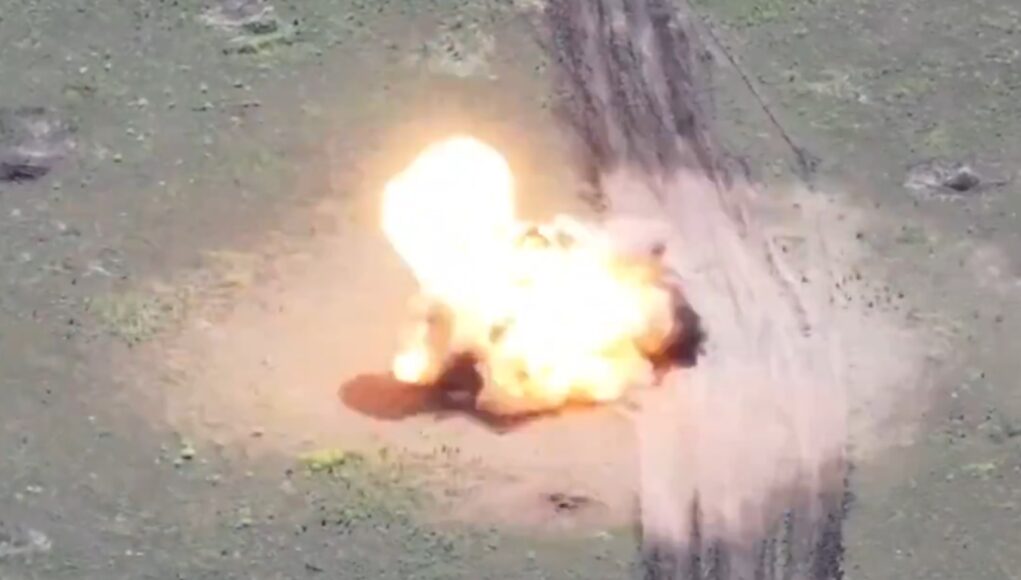
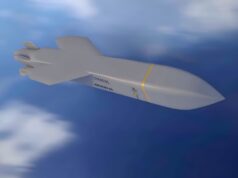
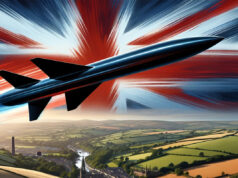
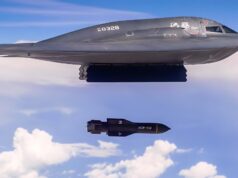
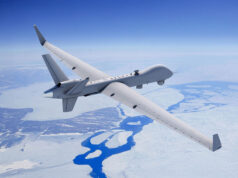

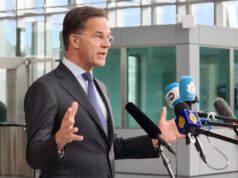

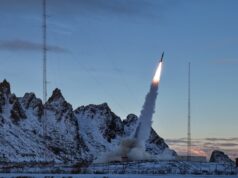
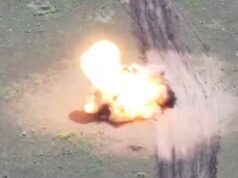
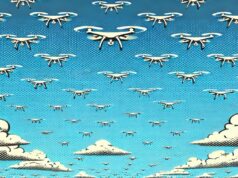

Stirrup, there’s a name from the past.
Sounds like the UKR need their own 77 Bde.
He is a bit late the UKR are already dropping leaflets and there are videos from NK defectors aimed at the troops as well!
Sorry plan to drop leaflets I should have said.
The actual headline suggests some sort of divine intervention! 😇
It isnt a bad idea. One thing that was suggest was NK would be afraid of it solders being exposed to how much better life was in the west